Which one of the following is most reactive towards electrophilic attack?
A
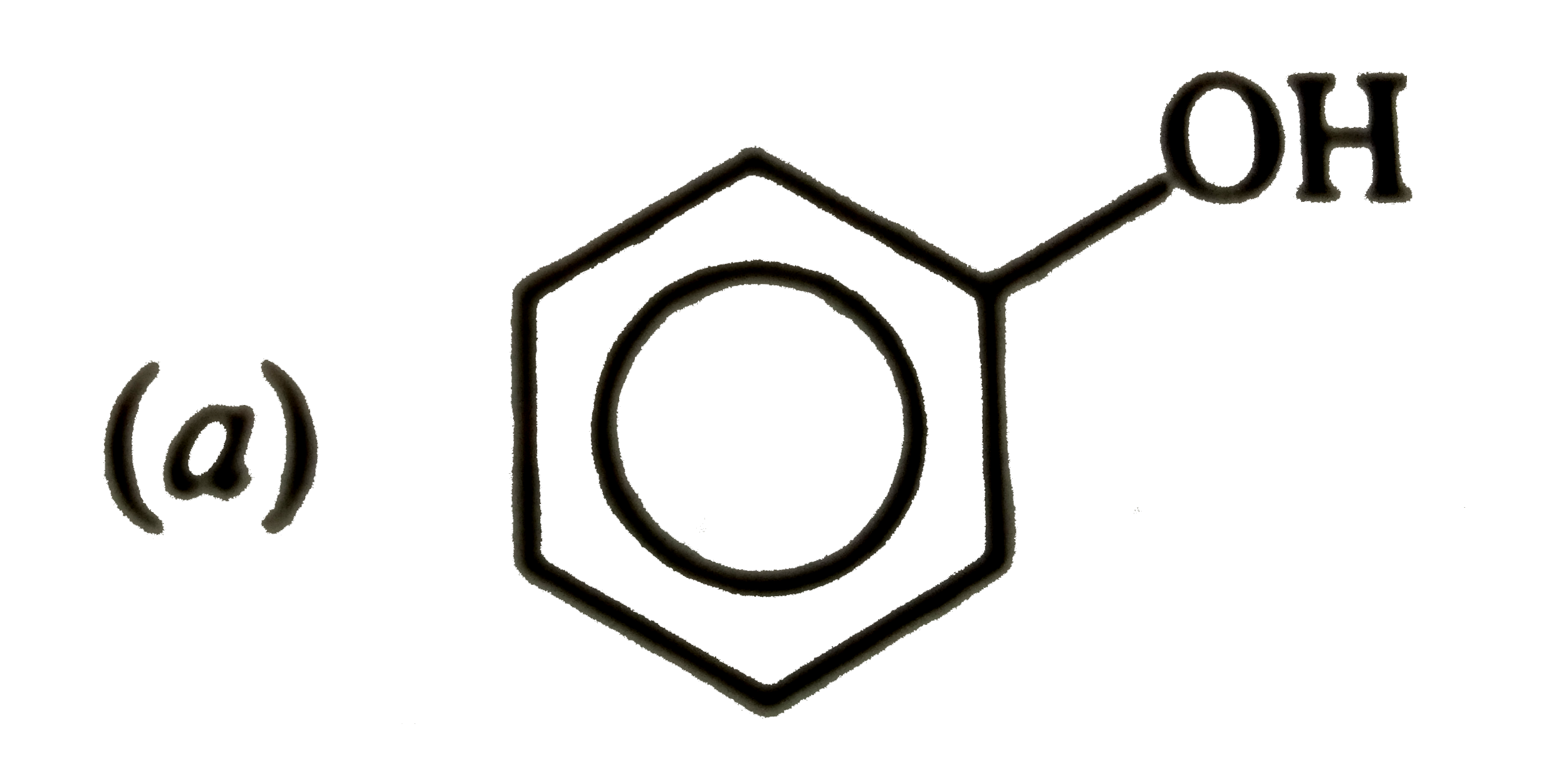
B
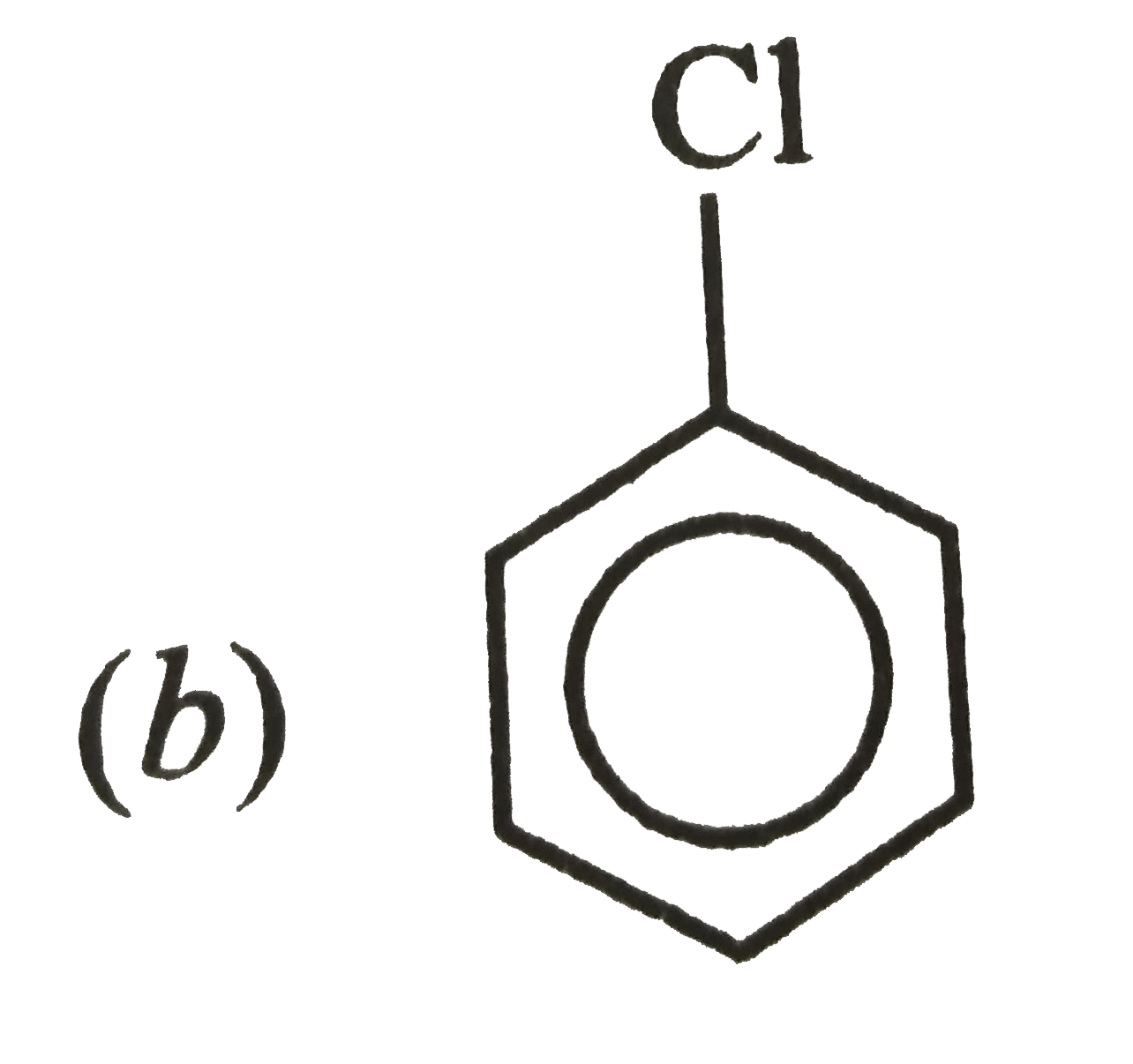
C
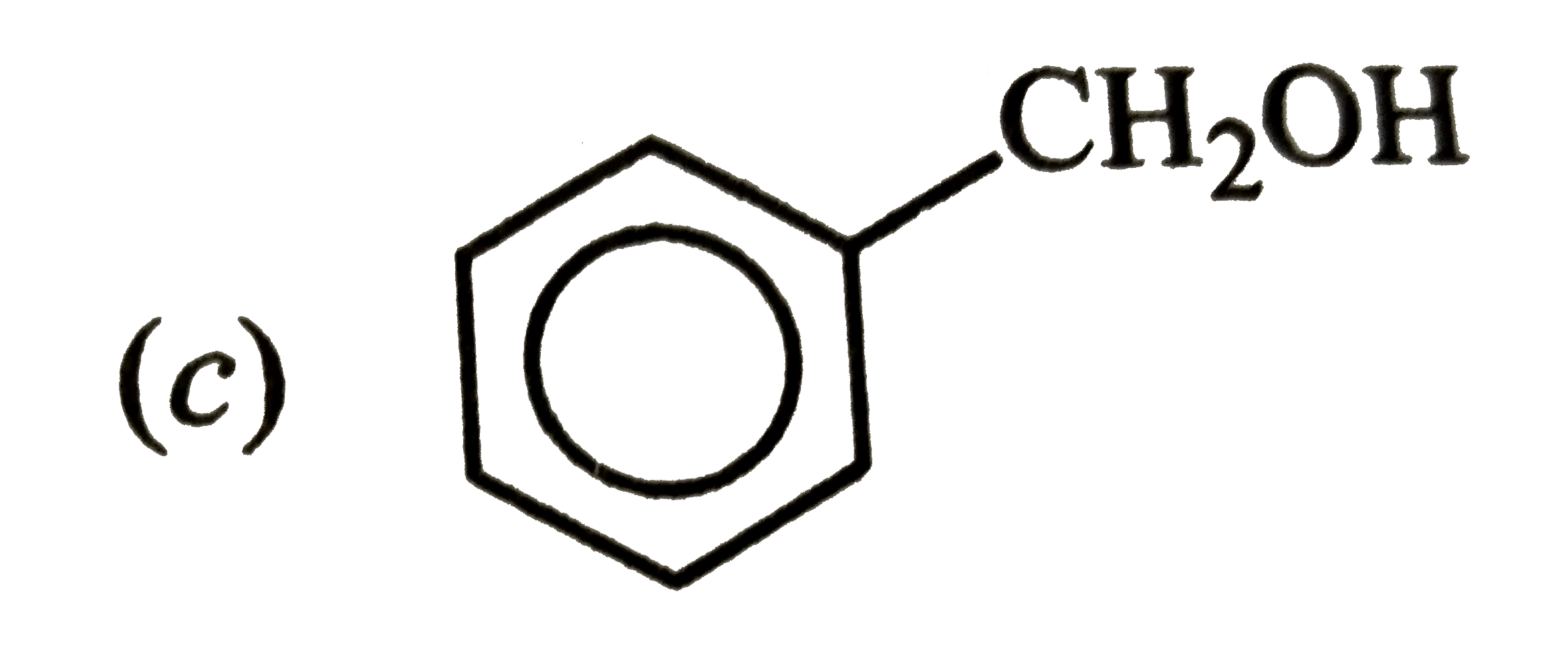
D
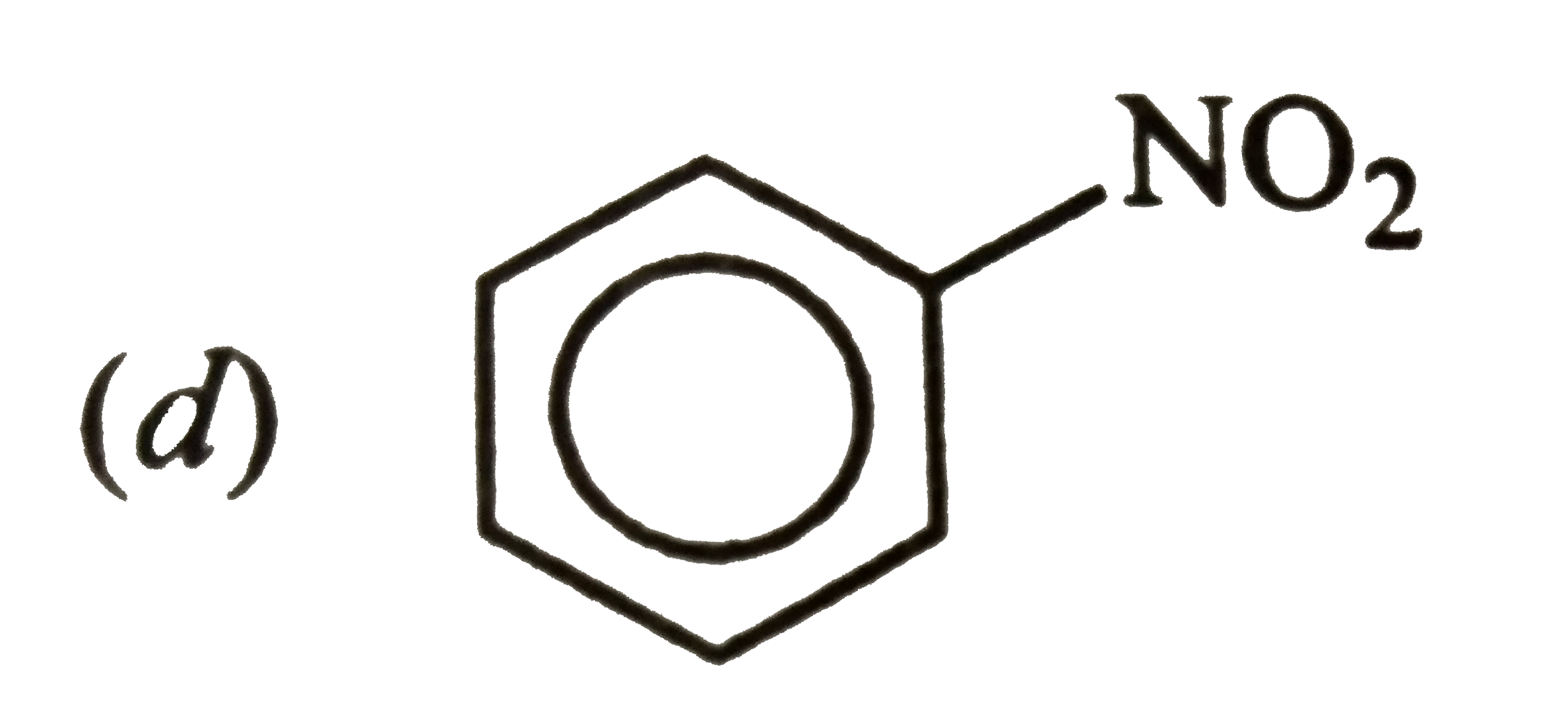
Video Solution
Text Solution
The correct Answer is:A
|
Answer
Step by step video, text & image solution for Which one of the following is most reactive towards electrophilic attack? by Chemistry experts to help you in doubts & scoring excellent marks in Class 11 exams.
Updated on:21/07/2023Topper's Solved these Questions
- HYDROCARBONSBook:PRADEEPChapter:HYDROCARBONSExercise:Competition Focus (JEE(main and advanced)/Medical Entrance) II. MULTIPLE CHOICE
Explore 14 Videos
- HYDROCARBONSBook:PRADEEPChapter:HYDROCARBONSExercise:Competition Focus (JEE(main and advanced)/Medical Entrance) III. MULTIPLE CHOICE
Explore 14 Videos
- HYDROCARBONSBook:PRADEEPChapter:HYDROCARBONSExercise:ANALYTICAL QUESTIONS AND PROBLEMS WITH ANSWERS/SOLUTIONS (PROBLEMS)
Explore 2 Videos
- EQUILIBRIUM IN PHYSICAL AND CHEMICAL PROCESSESBook:PRADEEPChapter:EQUILIBRIUM IN PHYSICAL AND CHEMICAL PROCESSESExercise:Competition Focus (Jee(Main and advanced)/Medical Entrance) VIII. ASSERTION - REASON TYPE QUESTIONS (TYPE - II)
Explore 10 Videos
- HYDROGEN Book:PRADEEPChapter:HYDROGEN Exercise:COMPETITION FOCUS (Assertion-Reason Type Questions) Type 2
Explore 15 Videos
Similar Questions
Knowledge Check
Which one of the following is the most reactive towards electrophilic attack?
A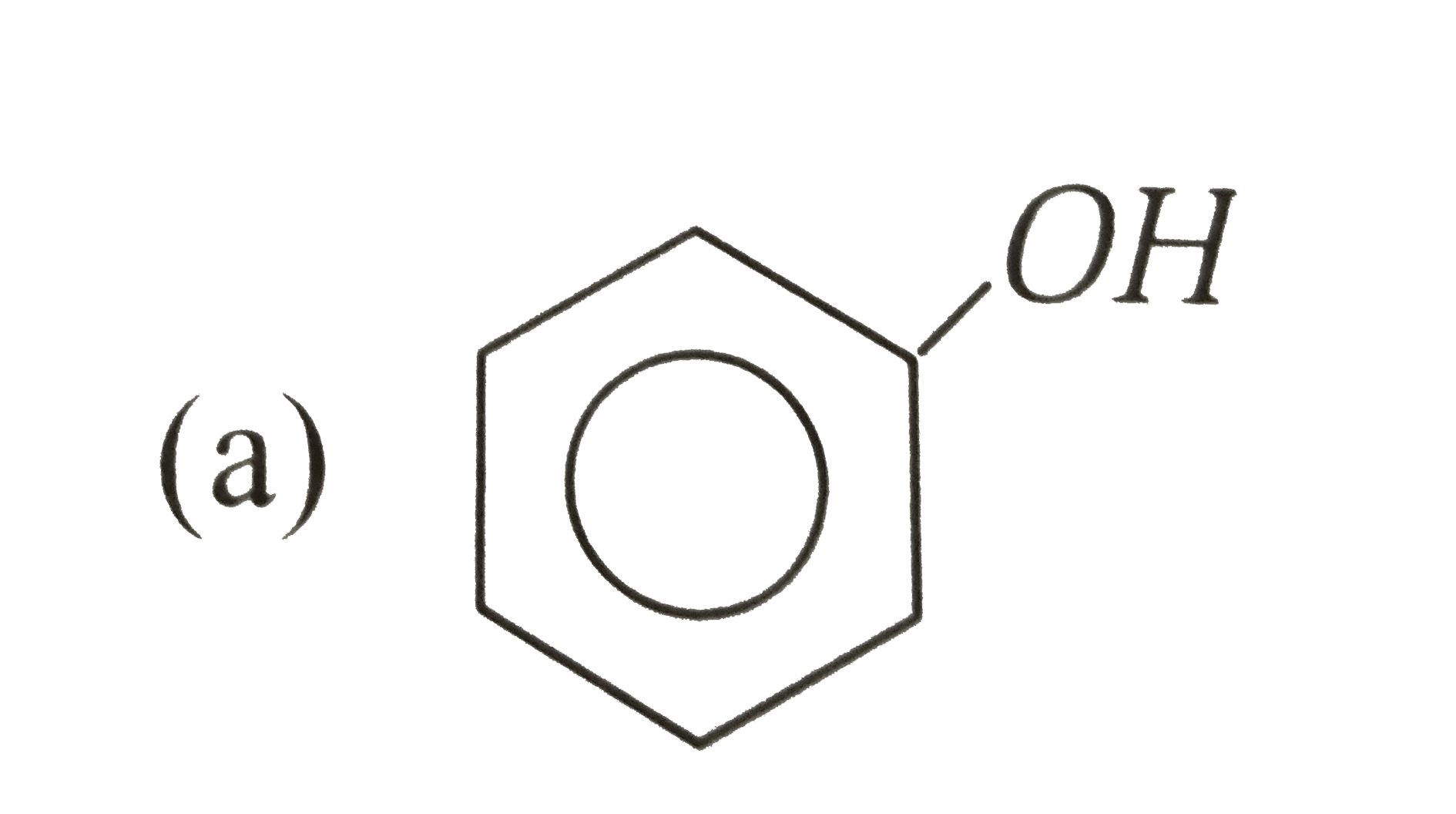 B
B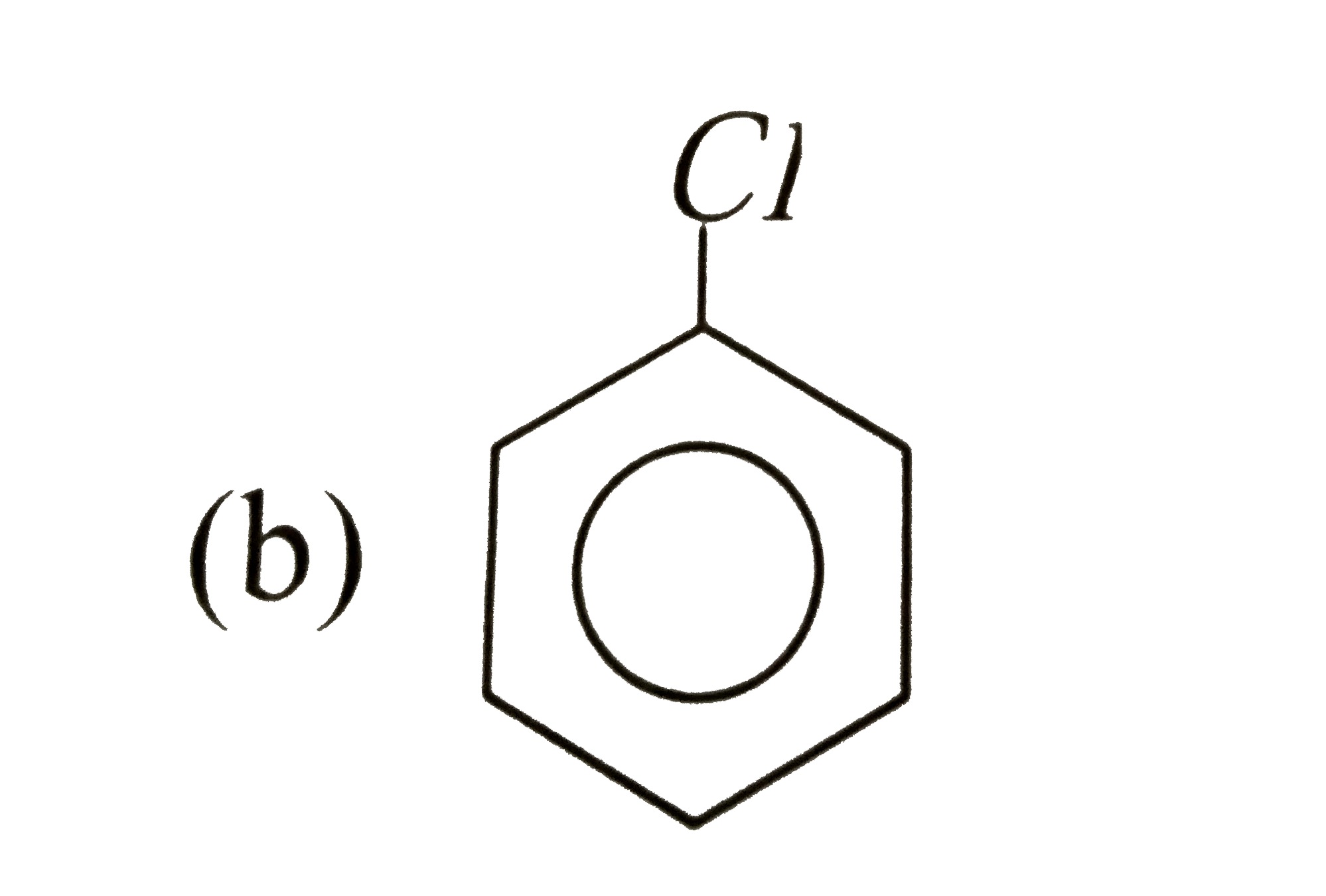 C
C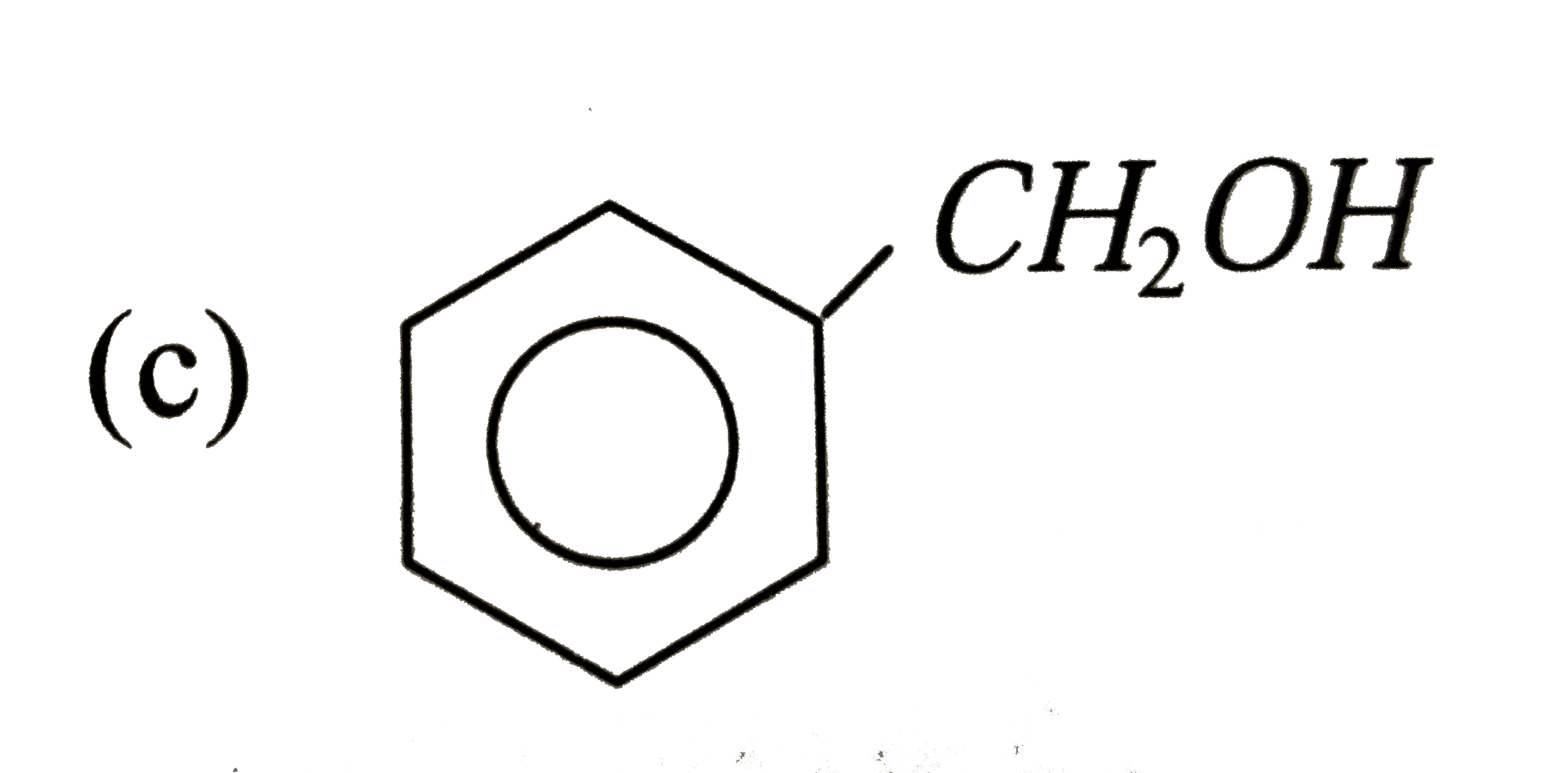 D
D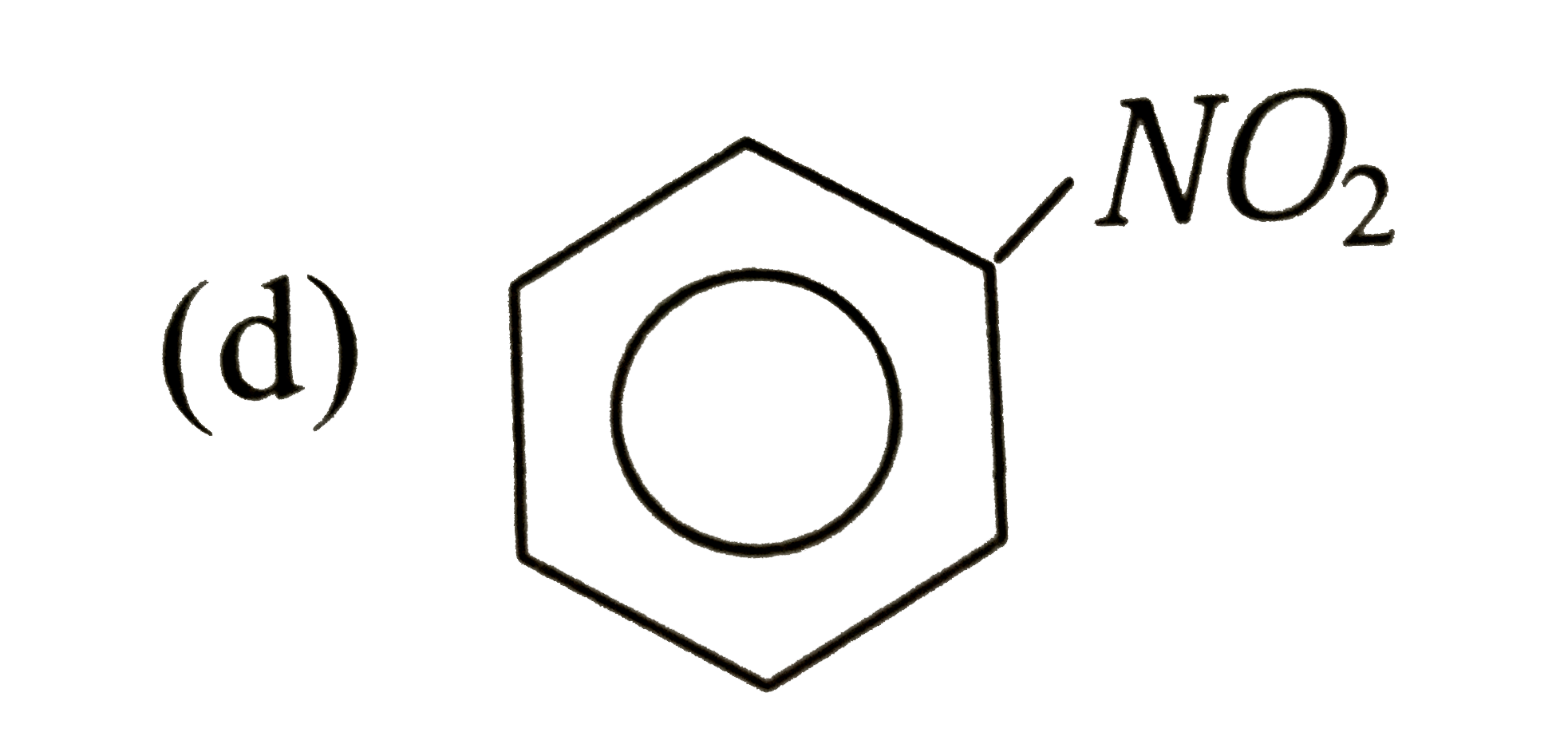
Which one of the following is the most reactive towards electrophilic attack?
A B
B C
C D
D
Which one of the followingis the most reactive towards electrophilic attack?
A B
B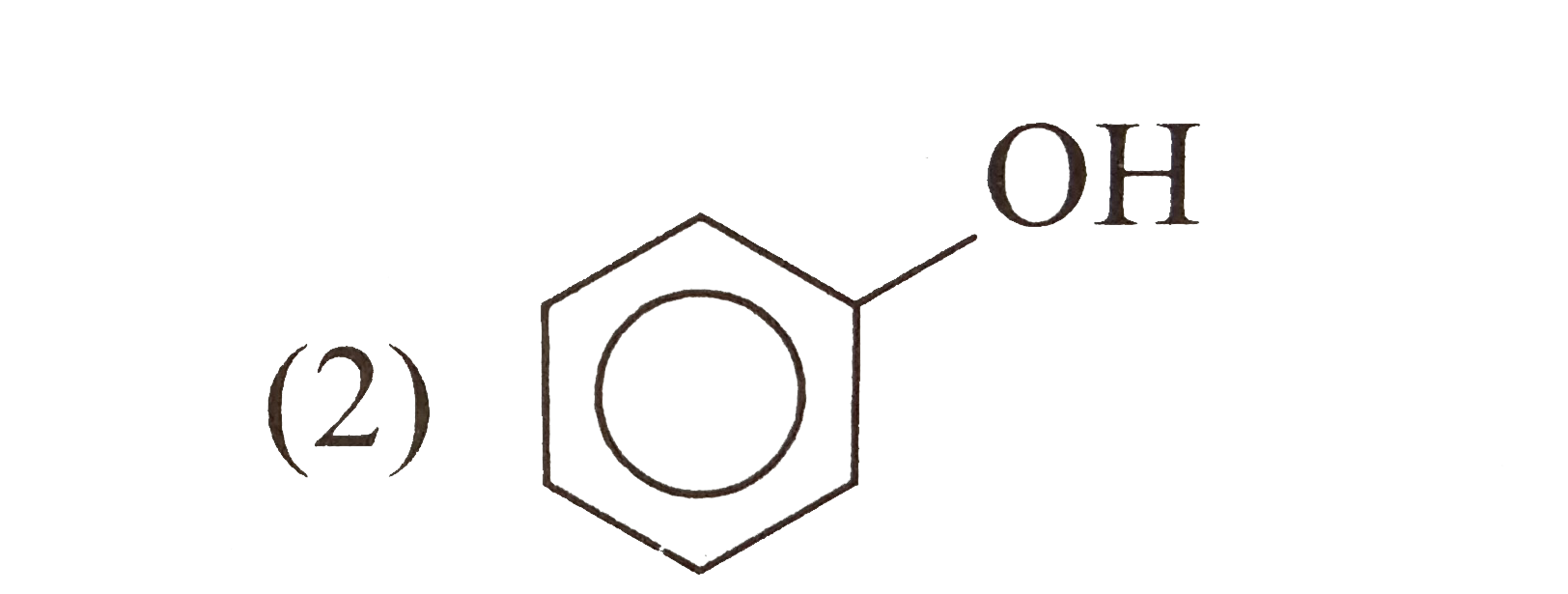 C
C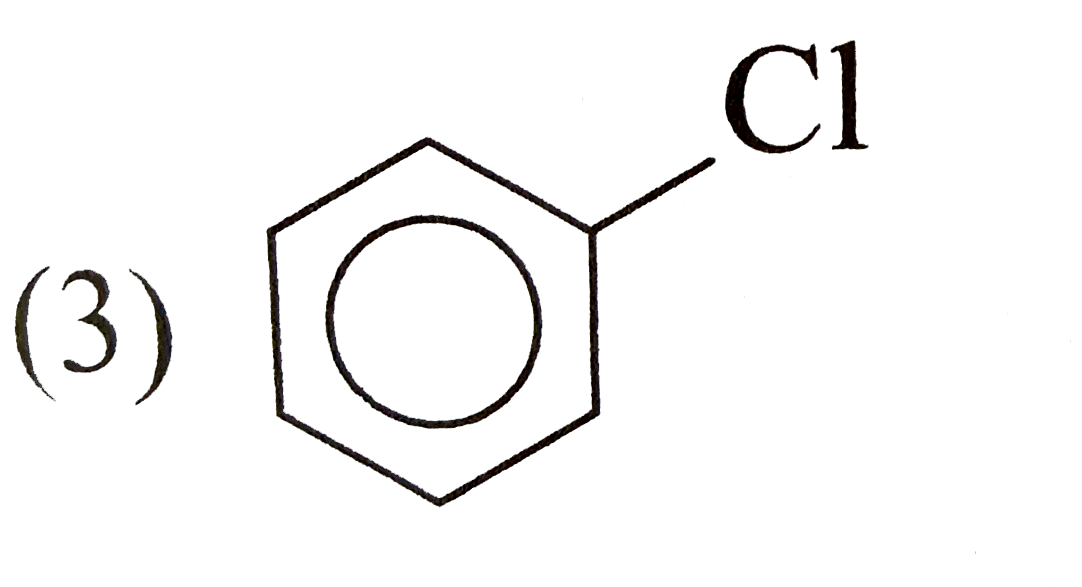 D
D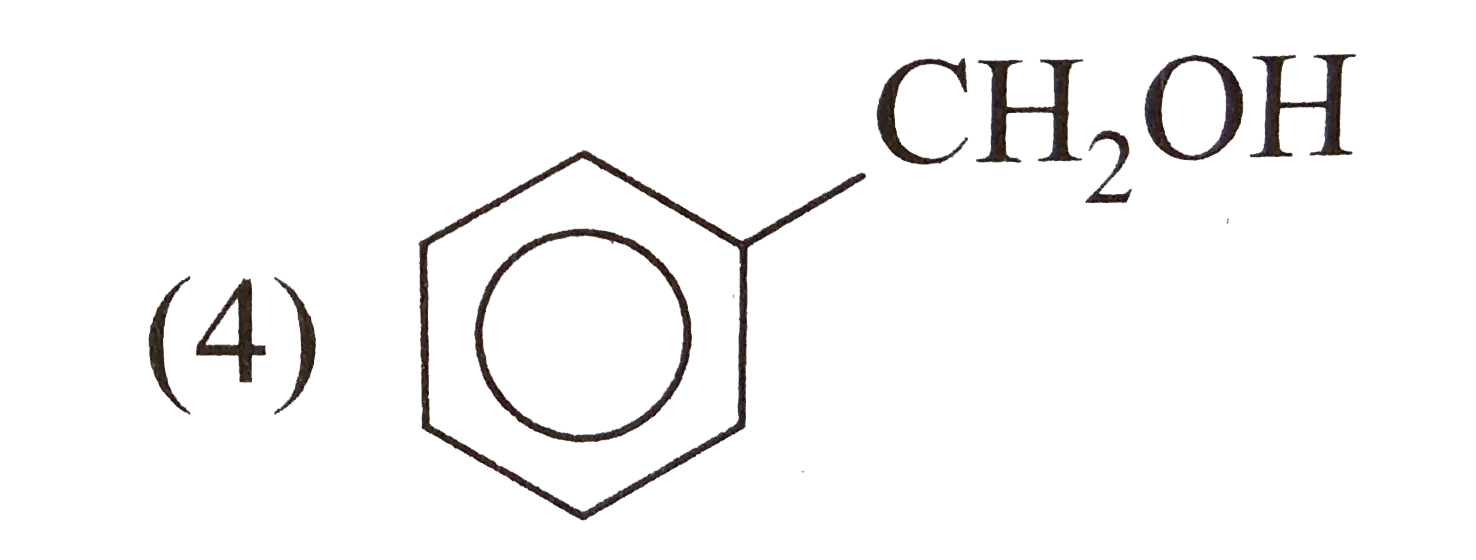
Which one of the following is most reactive toward electrophilic reagent?
View SolutionWhich one of the following is most reactive towards electrophilic reagent ?
View SolutionWhich one of the following is most reactive towards electrophilic reagent ?
View SolutionWhich one of the following is most reactive towards electrophilic reagent ?
View SolutionWhich of the following is most reactive towards electrophilic nitration ?
View Solution